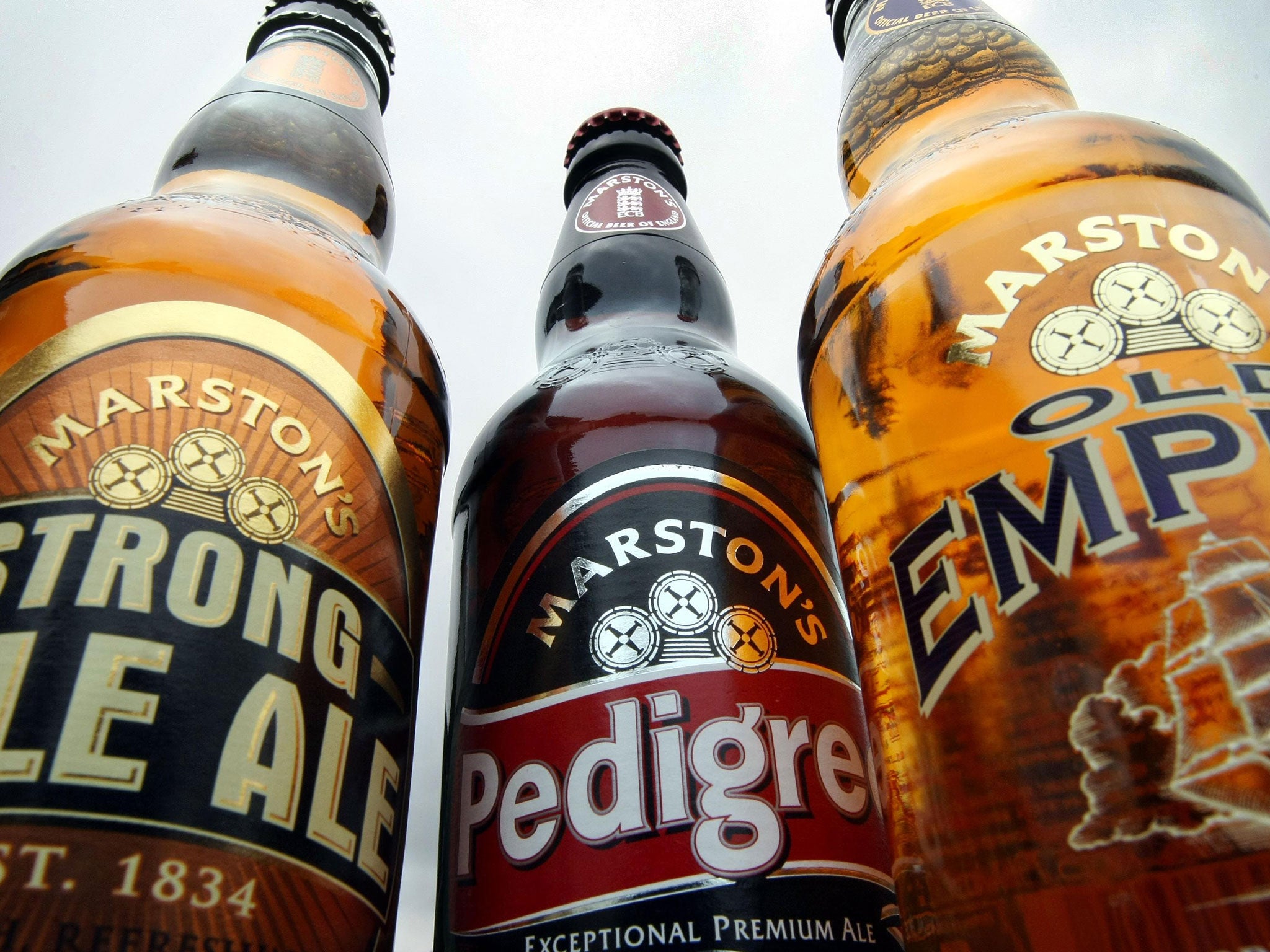Binge-drinkers over-65 told to cut down
Severe risk to health of over-65s who drink heavily, doctors warn as study shows many do not see themselves as hardened drinkers

Doctors have warned that those over-65 should drink less alcohol or risk severely damaging their health.
Heavy drinking among the elderly is a hidden problem, say public health experts and safe limit guidelines for pensioners should be halved. Doctors say that over-65s are often unaware of the health risks and their bodies are less able to cope.
A team from Newcastle and Sunderland Universities have published a paper which looked into why elderly people are drinking at hazardous or harmful levels.
The study, published in the journal Plos One, found that many older people may not recognise they are heavy drinkers if they do not see themselves as dependent and therefore having a problem.
Elderly people's metabolism works more slowly, meaning that toxic chemicals linger longer in the body, while drunkenness can hide the symptoms of dementia.
As part of the study, organised through Fuse, the Centre for Translational Research in Public Health, academics interviewed and held focus groups with 53 men and women aged 65 to 90.
The aim was to find out the reasons why so many of people in that age group continue to drink to unhealthy levels, and to reveal their attitudes to alcohol.
Current recommended safe levels of drinking are 14 units a week for women and 21 for men.
But many of those interviewed were complacent about high alcohol intake and questioned doctors who warned them to drink less.
One woman drank a bottle of wine every day, about 63 units a week, but said she did not have a problem because it did not have a big effect on her.
"If somebody found me in the corner drunk that would probably shock me into stopping but that has never happened," she said.
Others who were interviewed talked of having "skinfuls", or five or six pints, and thought there was no problem with that because they did not suffer any immediate adverse effects that they linked to drinking.
Dr Graeme Wilson, at the Institute of Health and Society, Newcastle University, who led the study, said: "Many older people are drinking to a level that is having a long-term impact on their health, even if the damage they are doing is not always immediately apparent."
Older people saw drinking alcohol as a positive way to relax and be sociable with friends and family.
The study found that chronic pain, loneliness and bereavement were identified as likely to lead to heavier drinking in later life.
Dr Katie Haighton, also at the Institute of Health and Society, said: "Alcohol interventions are not working for older people for many reasons.
"A lot of those we interviewed said the messages around alcohol were very confusing. There is a need to develop new approaches to target the older population, for example longer in-home support, tailored information on the risks from alcoho in later life, or health workers with specific training on older people's needs.
"We also think the Government really needs to start looking at lowering the recommended limit for alcohol consumption in those over 65."
Subscribe to Independent Premium to bookmark this article
Want to bookmark your favourite articles and stories to read or reference later? Start your Independent Premium subscription today.

Join our commenting forum
Join thought-provoking conversations, follow other Independent readers and see their replies